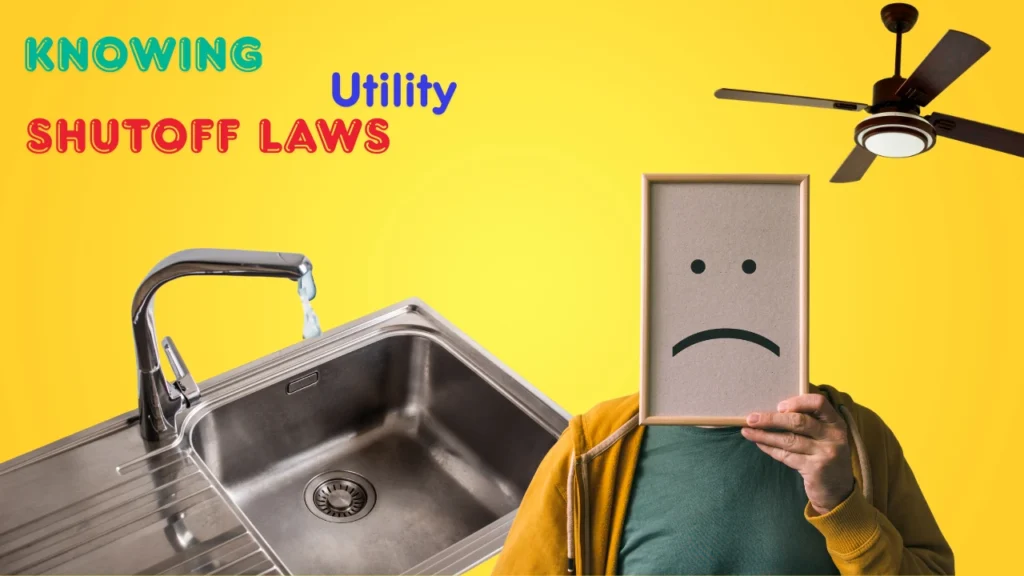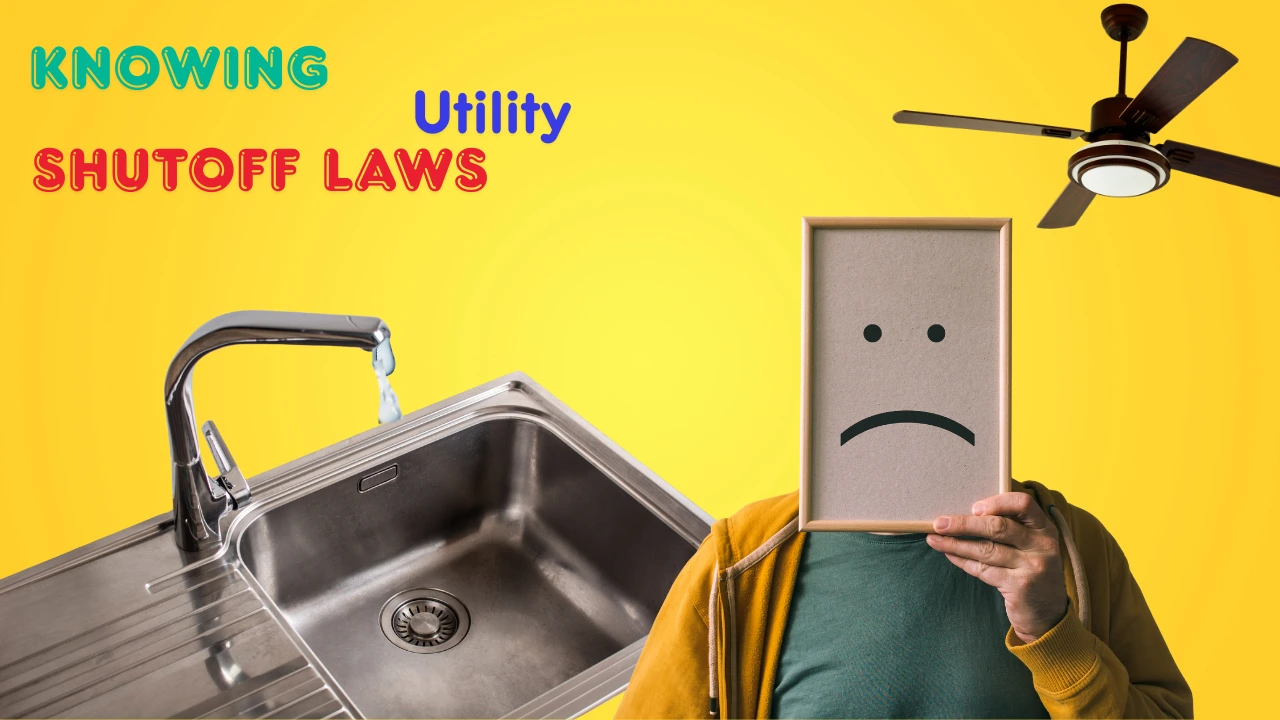California’s Utility Shutoff Laws.Staying current on household utilities is tough when money runs short. California has passed strong protections that give residents more time, more options, and in some cases outright shields from losing essential services. If you are worried about losing water, electricity, or gas, understanding your rights can help you stay connected and even find financial assistance.
California’s Utility Shutoff Laws: Know Your Rights-Overview
| Article on | California’s Utility Shutoff Laws: Know Your Rights |
| Water shutoff grace period | Bills must be at least 60 days overdue before disconnection. |
| Advance notice | You must receive at least 7 business days’ warning before water is cut off. |
| Payment plans | Both water and energy providers must offer repayment options to avoid shutoff. |
| Tenant protections | Landlords cannot cut utilities; tenants can transfer accounts without paying the landlord’s debt. |
| Discount & aid programs | CARE, FERA, LIHEAP, and LIHWAP reduce bills or provide one-time payment help. |
Water Shutoff Rules Under the Water Shutoff Protection Act
California’s Water Shutoff Protection Act (SB 998) sets some of the strongest consumer safeguards in the country.
- Grace period: Providers generally cannot disconnect service until a bill is at least 60 days overdue.
- Advance notice: You must get 7 business days’ warning by phone or mail. Your provider must also have its shutoff policy publicly posted.
- Small systems exception: Providers serving fewer than 200 connections are not bound by every rule, but many still follow similar standards.
- Right to a payment plan: Before cutting water, your provider must offer a repayment schedule. If you accept and stay current, service must remain on.
- Appeals: If you think your bill is wrong, you can formally dispute it, and your water cannot be shut off during the appeal process

Help Paying a Water Bill
If bills stack up, don’t assume you are out of options.
- Low Income Household Water Assistance Program (LIHWAP): One-time payment help for overdue water or wastewater bills.
- Automatic relief for some residents: If you get CalFresh, Medi-Cal, SSI, or have income below 200% of the poverty line, your provider must waive interest once per year on late charges.
- Local discounts: Many districts give reduced rates to qualifying households — always ask.
Electricity and Gas Shutoff Rules
California law also protects families from sudden loss of electricity or gas.
- Payment plans required: Private utilities must give you a chance to repay over time. Once you’re in a plan and paying on time, your service must stay on.
- Dispute resolution: If you and your utility disagree, you can file a complaint with the California Public Utilities Commission (CPUC). Utilities cannot disconnect service while the complaint is pending.
- Local utilities (public power agencies): Cities or counties running their own utilities (like LA DWP) set their own rules, but most offer plans and discounts.
Discount Programs for Gas and Electricity
Before bills spiral, see if you qualify for built-in savings programs. The given table outlines key programs that reduce monthly energy costs.
| Program | Who Qualifies | Benefit |
| CARE (California Alternate Rates for Energy) | Low-income households within set limits | 30–35% off electricity, ~20% off gas |
| FERA (Family Electric Rate Assistance) | Families slightly above CARE limits | ~18% off electricity |
| LIHEAP (Low Income Home Energy Assistance Program) | Based on income eligibility | One-time payment for heating/cooling costs |
Life-Threatening Situations
If losing power could endanger your health for instance, if you rely on medical devices call your provider immediately. Utilities must explore alternatives and may send someone in person to work out a solution before cutting service.
Tenant Rights When Landlords Fail to Pay
Renters often get caught in the middle when landlords don’t pay the water or power bills. California law makes sure tenants aren’t left dry or in the dark.
- Illegal shutoffs by landlords: Landlords can never cut utilities to force you out — only courts can evict.
- Water accounts in your own name: If your landlord hasn’t paid but you’re individually metered, you can transfer the account to yourself. You’re not liable for your landlord’s old balance, only for future bills.
- Shared meters: In multi-unit housing with one meter, tenants may continue service if they jointly agree to cover future bills and meet provider requirements.
Where to Get More Help
If you’re still struggling, there are multiple doors you can knock on for relief.
- Local aid programs: Nonprofits, churches, and community agencies often help with utility costs.
- Legal help: Visit LawHelpCA.org for free or low-cost legal aid referrals.
- Attorney General’s Office: File complaints if providers violate shutoff rules.
- Regulators:
- For water shutoffs → State Water Board.
- For electricity/gas from private utilities → CPUC.
Final Thoughts
California law doesn’t leave households defenseless against utility shutoffs. From 60-day grace periods on water bills to mandatory payment plans for energy, residents have leverage to stay connected. Add in programs like CARE, FERA, LIHWAP, and LIHEAP, and it becomes clear: families have more safety nets than they may realize. The most important step is to act quickly, know your rights, and seek help early.
FAQs for California’s Utility Shutoff Laws
How late can I be before water is shut off in California?
Usually 60 days past due, plus you must get 7 days’ notice.
Can my landlord legally shut off utilities to make me move?
No, Only courts can evict, landlords cannot cut service.
Do tenants have to pay their landlord’s old water debt to keep service?
No, If you transfer the account into your name, you only pay future bills.
What if my health is at risk if the power is cut?
Tell your provider immediately special protections apply for life-threatening conditions.
